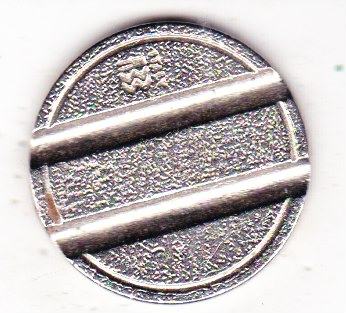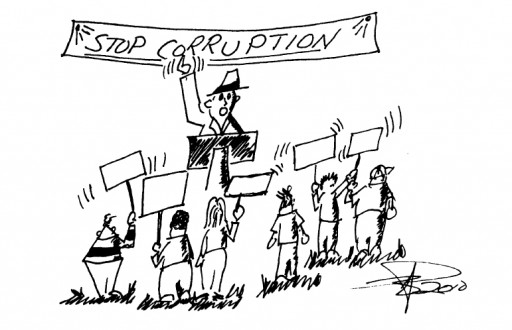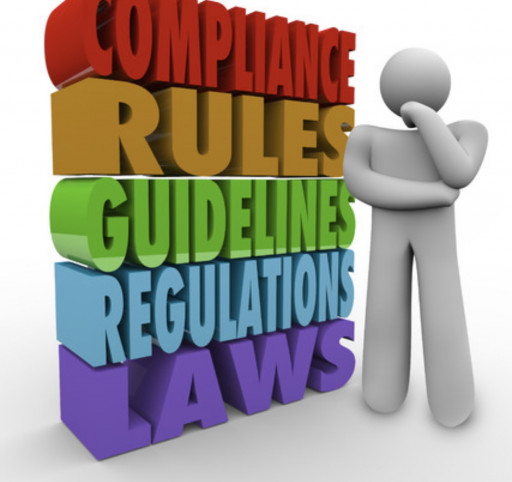The Constitution of the Republic of Croatia and the applicable laws stipulate that elected representatives in the Croatian Parliament and in counties, cities, and municipalities do not have a binding mandate and are not revocable, which means that after the election each representative can freely dispose of his mandate and has no obligation to the political party or the candidate list that proposed him and from which he was elected to the representative body.
In recent years, in local parliaments as well as in the Croatian Parliament, we have seen numerous examples of representatives who were elected from opposition candidate lists and, during their mandate, decided to independently support the ruling majority. Often, these changes of representatives are related to situations when an individual mayor loses the support of the majority in the local parliament or the Government loses its majority in the Croatian Parliament, so the representatives "change their uniforms" to ensure the continuation of their mandate and the mandate of the government, because otherwise the parliament would have to be dissolved and extraordinary elections called.
In Croatia, in local elections, citizens directly elect the mayor, and in particular, they elect their representatives in the local parliament. Until 2017, the Law stipulated that if the local parliament did not pass the budget within the prescribed period, the parliament would be dissolved, and the mayor's mandate would also end. Amendments to the law in 2017 stipulate that in the event of the dissolution of the parliament, the mayors remain in their positions, and the citizens only go to the elections to elect a new convocation of the parliament. Only in the event that, even after the repeated elections, there would not be a majority in the parliament that would support the budget proposed by the mayor, would the citizens have the opportunity to elect a new composition of the parliament as well as a new mayor. That law was popularly called "Lex Sherif" because it gave almost unlimited power to mayors, who became almost irreplaceable.
The word "token" in Croatian politics was introduced in 2019 after a political party headed by the mayor of a large city, which won only 2 out of 151 representatives in the 2016 Croatian Parliament elections, formed a Club of Representatives, which was joined by ten representatives from other political parties and candidate lists, who ensured the maintenance of the parliamentary majority with their votes. Then the leader of that party, when asked by a journalist whether there would be more transfers to his Club of Representatives, replied: "I have a lot of chips in my pocket, and you will know which ones they will be in time." By doing so, he unknowingly belittled his own representatives, who have been called "tokens" in public since that time.
The second example I want to point out happened in December 2018, when the budget for the following year was adopted in the city led by the previously mentioned mayor. Then, literally overnight, three members of the opposition, along with two who had already moved from the opposition to the ruling majority, helped the mayor get his budget approved and thus prevented him from going to repeat elections.
Although there is suspicion of political corruption in every such transfer of MPs from the opposition to the ruling majority, so far no criminal proceedings have been initiated, even though there have been individual criminal charges against the MPs themselves as well as the mayors to whose parties or Clubs of MPs these MPs transferred.
The problem of "tokens" is not only part of the question of whether it is political corruption or not, but also a question of manipulating the will of voters who voted for a political option, expecting that their elected representatives will not support another political option that is ideologically or programmatically unacceptable to those voters.
In the end, a logical question arises as to how to prevent the will of the voters from being manipulated through "tokens", and unfortunately, there is no simple answer to the said question. The positive in this story about "tokens" is that the vast majority of representatives who were "tokens" in one of the past mandates were not re-elected to the local or national parliament, which sent the citizens a clear message of what they thought of their procedure, but the negative is that in recent years, citizens' trust in politicians has been increasingly lost due to such phenomena, which results in a decrease in the number of voters who go to the polls. It is the duty of all of us who participate in political life to uncompromisingly condemn the appearance of "tokens" every time, thereby influencing the citizens' awareness not to elect politicians and political parties who play the will of the voters expressed in free and democratic elections.







